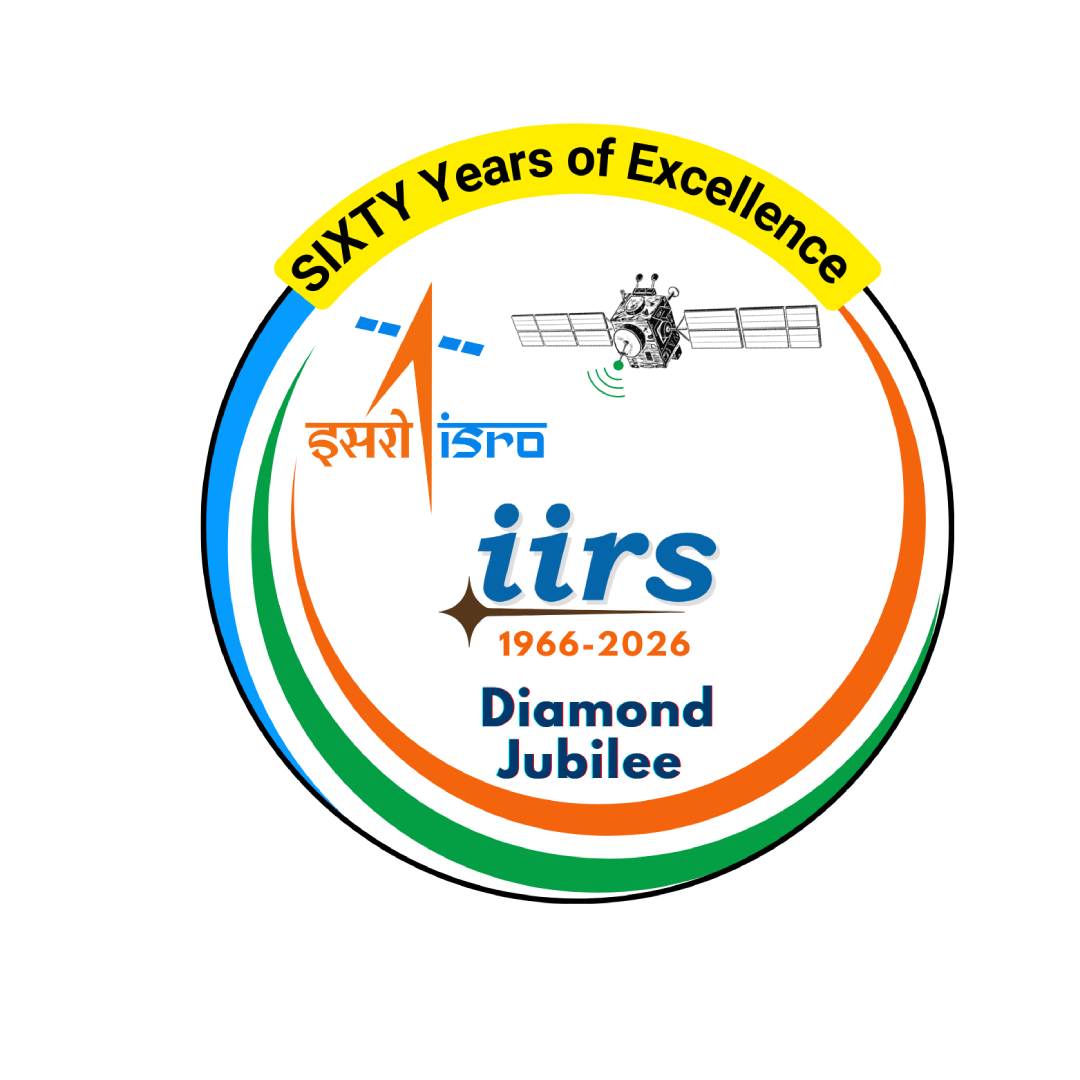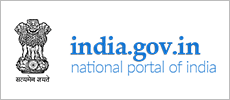M.Sc. in Geo-information Science and Earth Observation
(Specialisation/ Domain: Geoinformatics)
The Master of Science (M.Sc.) in Geo-information Science and Earth Observation (specialisation/domain: Geoinformatics) is offered within the framework of Joint Education Programme (JEP) of the Indian Institute of Remote Sensing (IIRS) and the Faculty of Geo-information Science and Earth Observation (ITC) of the University of Twente (UT), The Netherlands.
The course is of 2 years duration having eight quartiles. Students follow part of the course at IIRS and a part at the Faculty ITC, The Netherlands. The first year will be taught at IIRS. Upon successful completion of the course students receive a Master’s degree from UT-ITC. The UT-ITC degree has the name ‘Master of Science degree in Geo-Information Science and Earth Observation’.
Aim of the Course
The course aim at providing critical understanding of the geo-information science and earth observation technology for usage in various applications. Participants will gain skills in formulating and carrying out independent research in the field of geoinformatics.
Course Structure
The overall structure of the M.Sc. course is shown in table 1.
| Year | Quartile | Course | Location |
|---|---|---|---|
| 1 | Q1 | Core | IIRS |
| Academic Skills | IIRS | ||
| 1 | Q2 | Scientific Geocomputing | IIRS |
| Acquisition and Exploration of Geospatial Data | IIRS | ||
| Academic Skills | IIRS | ||
| 1 | Q3 | Elective Course | IIRS |
| Extraction, Analysis and Dissemination of Geospatial Information | IIRS | ||
| Academic Skills | IIRS | ||
| 1 | Q4 | Elective course | IIRS |
| Global Challenges, Local Action | IIRS | ||
| Academic Skills | IIRS | ||
| 2 | Q5-6 | MSc Research (proposal),Individual study programme & MSc Research | ITC |
| 2 | Q7-8 | MSc Research & Thesis Defence | IIRS |
Eligibility, Application & Admission Process
Refer IIRS course calendar available in IIRS website (https://www.iirs.gov.in/iirs-course-calendar) for details on the essential qualifications, age limit, and application & admission process for this course
Important Dates, No. of Seats and Course Fee
Refer IIRS course calendar, course brochure and other announcements in the institute’s website (www.iirs.gov.in).





